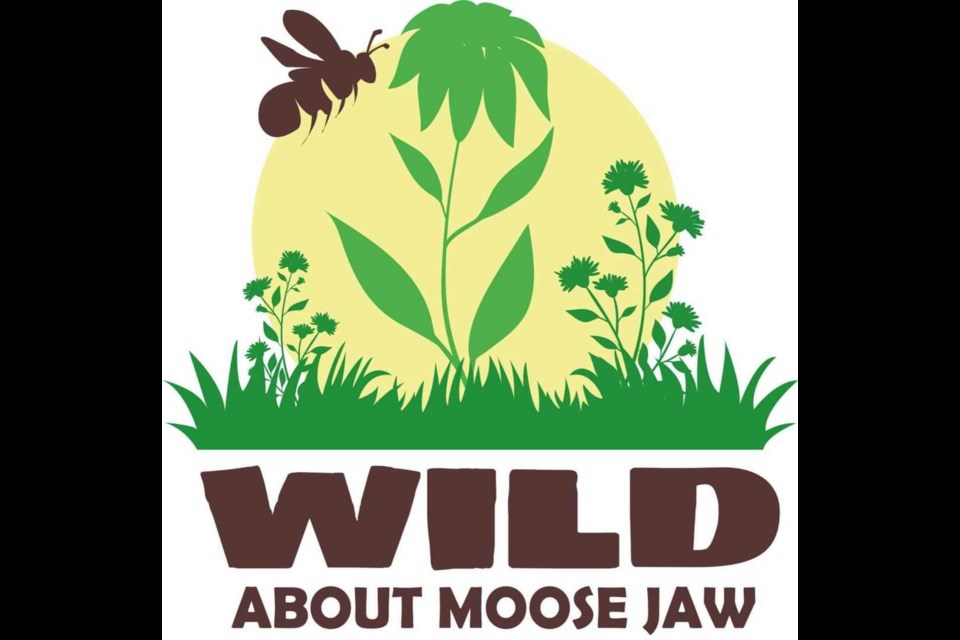Spring has finally sprung, and the Moose Jaw Nature Society’s sub-group, Wild About Moose Jaw, is looking to spread awareness for the launch of its upcoming 2025 pollinator garden project through a workshop at the public library this month.
Gardeners can mark their calendars for Saturday, April 27, where Wild About Moose Jaw’s free seed and pollinator garden event will be held upstairs for 1 p.m. at the Moose Jaw Public Library.
The workshop will include an introductory presentation by Nature Moose Jaw’s president, Rich Pickering, followed by guest speaker Gail Fennell from Nature Regina who will speak about prairie gardening and her organization’s “Butterfly Project.”
Wild About Moose Jaw was founded by Moose Jaw resident and avid gardener Kimberly Epp.
“It’s basically to promote the planting of pollinator gardens within the city,” she explained in a description of the group’s intended purpose. “I got a call from the (Moose Jaw Public) Library asking me to do a talk on it… and I said, ‘Yes.’”
Pollinator gardens are defined as intentional garden spaces where plants are chosen with the aim of attracting pollinators. To design such a space, gardeners first consider the pollinator potential of each plant before adding it to the mixture, and these gardens typically entail a wide diversity of flowering plants with an emphasis on native plant species.
Pollination is then carried out by several pollinator insect species including – but not limited to – bees. Additional pollinator species include butterflies, hummingbirds, moths, beetles, and others.
These insects, in turn, help flowering plants reproduce by mixing pollen between male and female flowers, and the process is just as essential for edible crops as is light, water, and good soil.
The upcoming event is open to children and adults alike, and two separate programs will take place concurrently to accommodate each audience.
Adults will be presented with information on how to create a pollinator garden, and Epp said a number of practical leaflets and a few seeds will be available to get started.
For the younger gardeners in attendance, children can partake in a number of crafts specific to their demographic. These will include the creation of bee baths, trying on “bee binoculars” to see the world through the eyes of bumblebees, and kids will get the chance to design and paint concept art for their own pollinator gardens.
In next year’s launch of the pollinator garden project, Epp said she plans to provide signage for garden spaces verified by the group, and the project will closely resemble the analog project launched by Wild About Saskatoon.
To qualify, each pollinator garden will require a set number of applicable plant species tentatively set at 15 flowers to attract bees, three to attract butterflies, and two sources of water suitable to bees and other pollinators.
“So, for insects like bees, they can’t swim,” she said. “If they go into a bird bath and there’s no rock for them (to rest on), they’ll drown. The bee baths use marbles or rocks (to prevent drowning).”
Epp is an endless source of fascinating bee facts, and one she shared is the preference of bees for murky, dirty water.
“Bees don’t really like clean water… You’ll often find them drinking from muddy puddles because they like the iron (and other minerals found) in the dirt…,” she explained.
The focus on creating pollinator garden spaces – especially within urban environments where natural habitats are cleared for monocultures such as lawns – is more important now than ever before. Epp pointed out that bumblebee populations have declined by as much as 50 per cent.
“We need to help them. Without bees, we wouldn’t be here,” she said.
The seed and pollinator garden event will be held at the Moose Jaw Public Library, located at 461 Langdon Crescent, and is offered free of charge for children and adults.
If you’re interested in the ongoing pollinator garden project, follow ‘Wild About Moose Jaw’ on Facebook or contact Kimberly Epp at [email protected].




